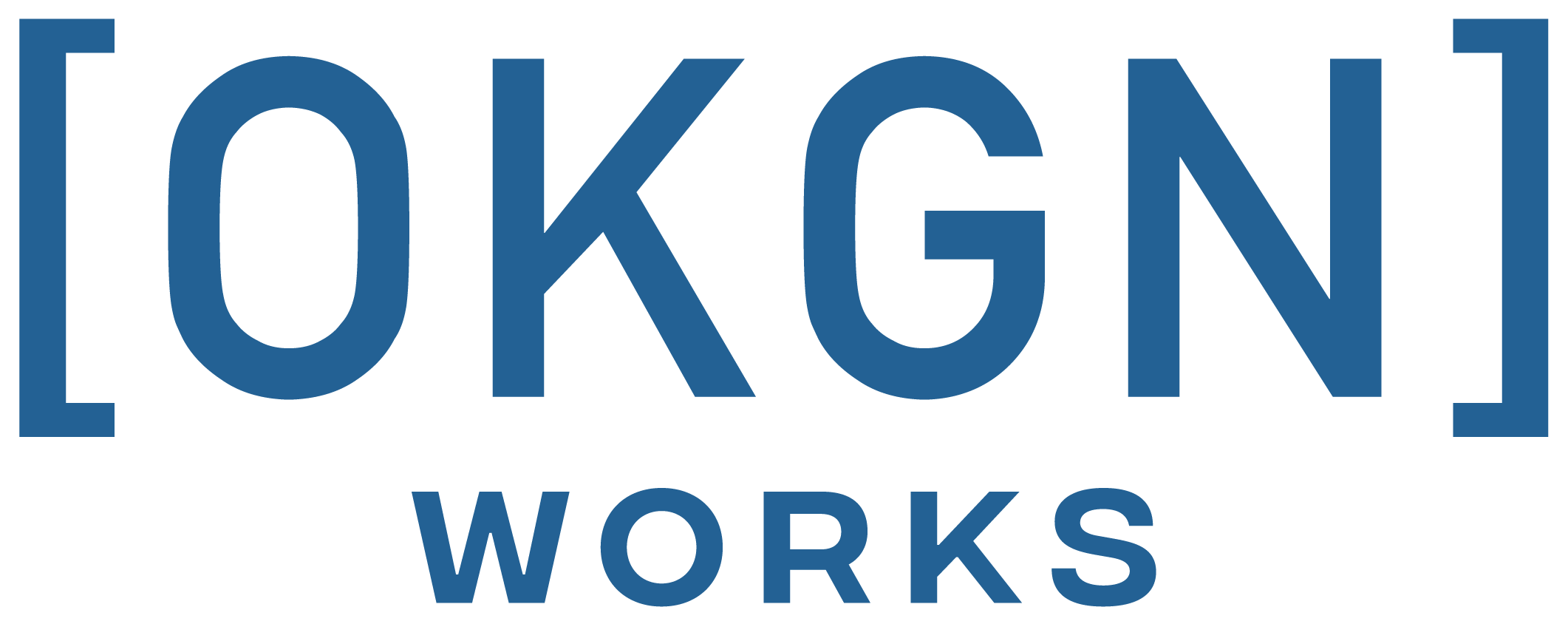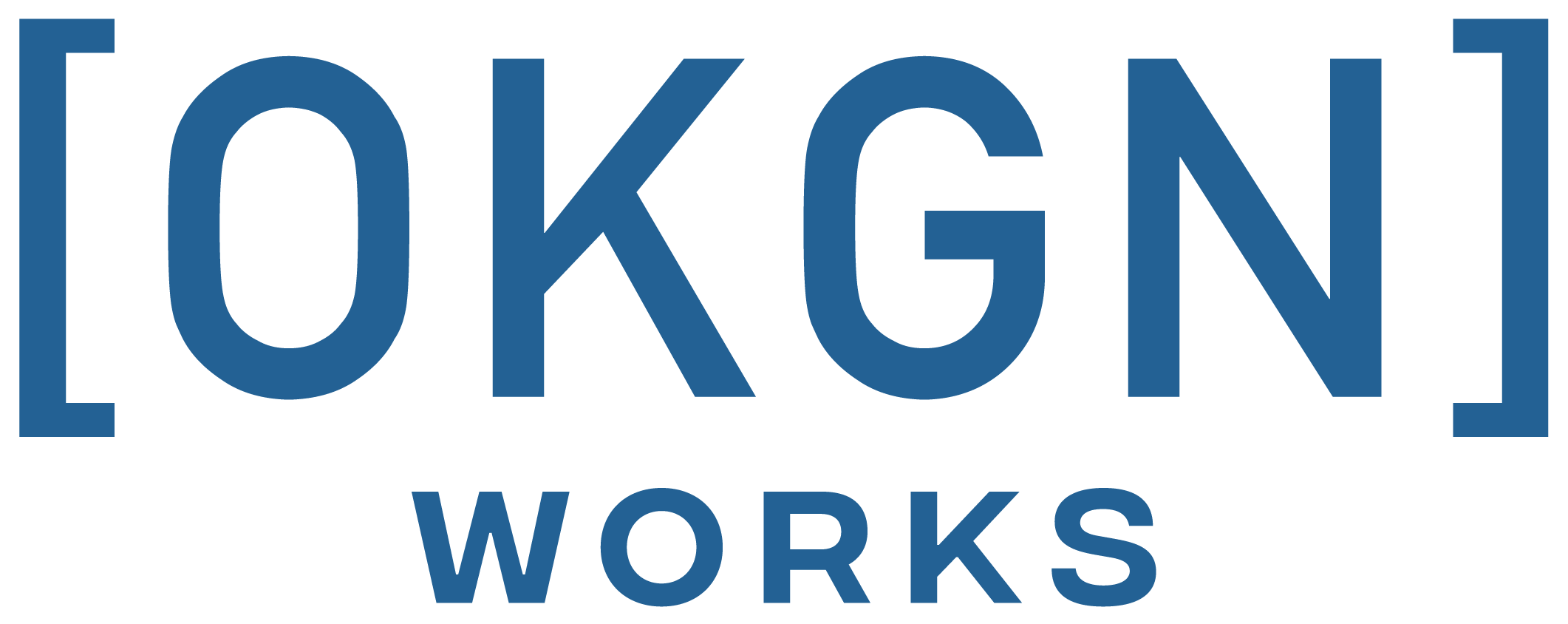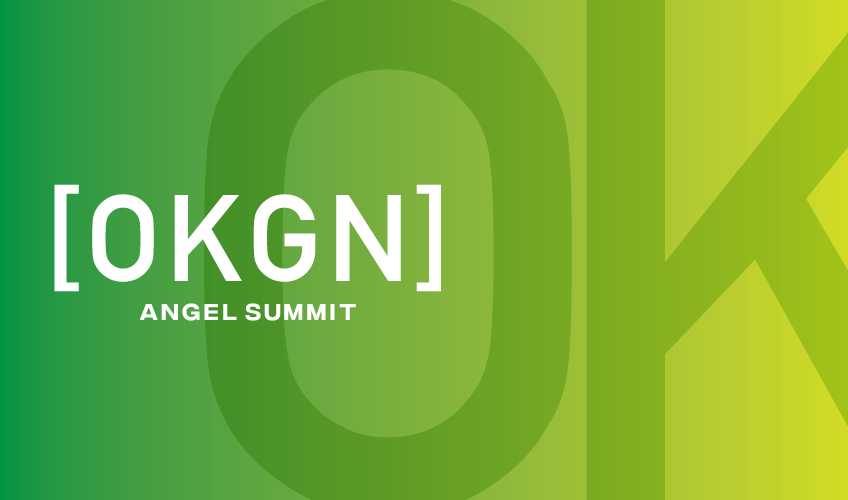
Startups have transformed how small business and entrepreneurship are imagined. Movies like The Social Network, icons such as Steve Jobs, have glamourized the tech industry. Venture capitalists and entrepreneurs are idealized and injected into mainstream culture. Social media, too, plays a large role in presenting these groups in a more favourable, accessible light. I became familiar with startups from the other side—the less glamorous side.
I was raised by an entrepreneur and married a serial entrepreneur. My father ran a small business and my husband, Lance, has launched startups as well as small businesses. While there are similarities, there is a difference between a small business and a startup.
That was one aspect of business, and of angel investing, that I learned while participating in the OKGN Angel Summit. Before the OKGN Angel Summit, interested investors were invited to participate in an Investor Training program, or “Angel Investing 101,” as I called it. We learned that, while dedication and work ethic, are similar, the growth trajectory of a small business was radically different from that of a typical entrepreneur.
Angel investors are an integral part of startup culture but are not well understood. I first heard about angel investing from the book Startup Life: Surviving and Thriving in a Relationship With an Entrepreneur, written by Amy Batchelor and Brad Feld. It detailed the rewards and challenges of marrying a serial entrepreneur. We had already made a couple of angel investments by the time I read this book in 2014—it just helped give a name to something that was already part of our life. When we heard about the OKGN Angel Summit, Lance and I knew it was something we wanted to participate in.
Lance and I had invested in several ventures but, with each passing year, the minimum investment to participate increased. We’d also participated in group investments, such as managed venture capital funds. And, while we loved being a part of something that could support multiple companies, we missed meeting entrepreneurs and learning about their businesses. The OKGN Angel Summit format seemed to combine the benefits of both group investing and personal investing.
To participate in the Summit, each investor would put in $5,000 plus administrative fees. At that point, they became a member of a very diverse group of men and women who shared a common interest in supporting entrepreneurs.
Everyone who participated in the Summit reviewed the companies. Investors had the opportunity to meet the founders and team members of potential companies. They would learn about why they were entrepreneurs, why they were passionate about their business, and understand how they wanted their entrepreneurial journey to look. The investment would be made and maintained by the group but it was more personal.
As it was the inaugural OKGN Angel Summit, John Sechrest, a founder of the Seattle Angel Conference, supported and facilitated many of the meetings. He also helped with the due diligence processes. This allowed investors to review the financials, team members, business plan, industry and business structure of the participating companies. John began by telling everyone that most angel groups are adept at picking the top 5 potentially successful companies; however, identifying which of those 5 companies is the most likely to succeed would be much more difficult. This advice became clear in the final weeks of the Summit when the selection process had narrowed down the top 5 companies.
The debates about a company’s team merits, the business model, their current activities, and their chosen market were lengthy. Opinions often changed quickly anytime new information was presented. What I hadn’t expected was how enjoyable it would be. Reviewing the companies, discussing investment strategies, identifying the attributes and drawbacks of the companies, and making decisions as a group. However, even as a group, it was difficult to predict the rapid success expected of a startup.
In the world of angel investing, the growth of the business needs to be scalable to be considered a success. Entrepreneurs typically start and operate straight-line business models, where profit and sales are correlated and growth is slow and steady. Lifestyle businesses are built and grown to suit the lifestyle of the founder. Startups have to strive towards a growth trajectory that will see a substantial profit within about 7-10 years. And there is also the elusive unicorn, a business that’s valuation will exceed a billion dollars.
During the Summit, I learned that every angel investor, whether they knew it or not, has an investment thesis. Understanding your thesis empowers you to build your investment portfolio as a reflection of your values and goals. Some invest in riskier, more exciting businesses; others look for businesses that they could add value to with their expertise; some just wanted to support the startup community. My investment thesis, I learned, was wanting to enable entrepreneurs to follow their passion, so long as it supported their personal journey.
During the due diligence process, I acted as a team lead for Plurilock, one of the top 5 selected companies. As a due diligence lead, I needed to become familiar with as many aspects of Plurilock’s business as possible. I learned that they had an experienced team led by a driven entrepreneur. They also had expertise in a niche field, a unique product in a large industry, and had learned some important lessons already leading them to focus on a more specific segment of their customer market. Sometimes the more you learn about a company, or an entrepreneur, the more you believe in their success, especially if it fits your investment thesis.
Justin, the founder of Trellis and winner of the OKGN Angel Summit, is a passionate entrepreneur who wants to transform how charities and not-for-profit companies connect with their donors. The company and its founders are so intertwined, which is what makes angel investing so rewarding.I believe that both the winner of the OKGN Angel Summit and, Plurilock—the company I chose to make a side investment with—fit my personal thesis.
I’ve found that our investments are best used by two types of entrepreneurs, those who are captivated with the startup world with all of its pressures and rewards, or entrepreneurs who are so passionate that their focus on business, product and customer drives them relentlessly forward.
Interested in learning more about the 2020 OKGN Angel Summit?
Connect AO’s Program Manager, Thuy Tran.






